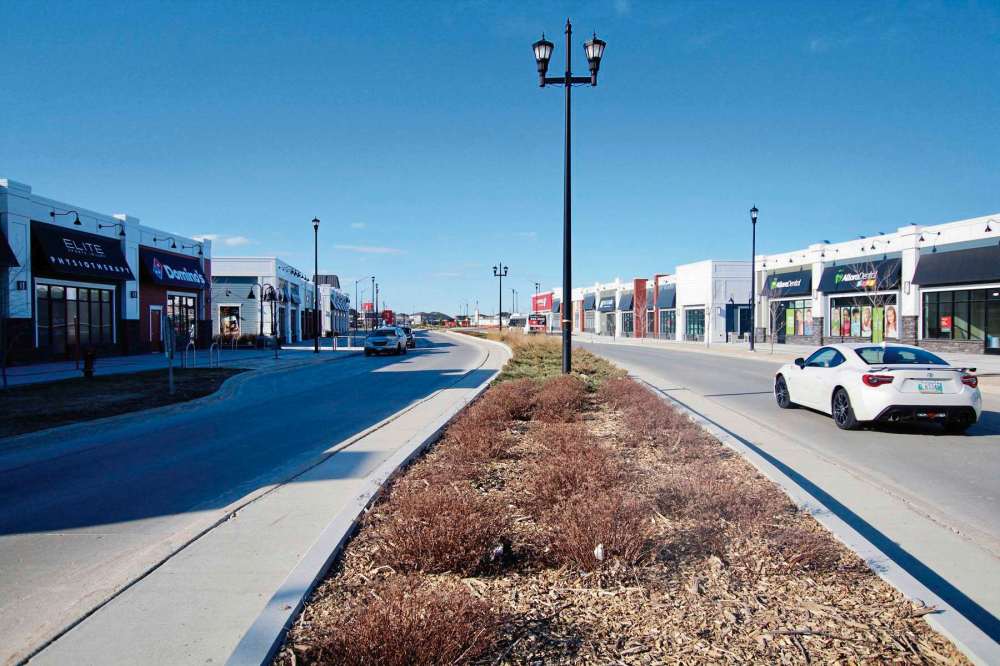50 years on from amalgamation
Advertisement
Hey there, time traveller!
This article was published 28/01/2022 (1487 days ago), so information in it may no longer be current.
When 12 municipalities in the Red River Valley officially amalgamated on Jan. 1, 1972, Unicity was legally born – and the City of Winnipeg embarked on one of the most ambitious and unique experiments in metropolitan government reform ever conceived in North America.
Nearly doubling the city’s population, and extending its boundaries far to the west, south, and east in particular, amalgamation was intended to enable greater citizen participation, collect taxes more equitably and deliver services and more efficiently.
Fifty years on, the city continues to struggle with these challenges.

In recent budget updates, the city has presented conflicting messages. First, it promised to keep services affordable by limiting the total budget increase to 1.2 per cent. A week later, chief financial officer Catherine Kloepfer said “we did estimate some impact of COVID-19 on the budget, but not to this extent.”
The city has relied on federal relief throughout the past 22 months, and has dipped into its “rainy day fund.” But tight budgets existed prior to 2020, and neither is a long-term solution.
Trying to present an optimistic front, St. James councillor Scott Gillingham touted “good growth in permits and development,” but part of the problem is that development has relied largely on outward growth.
Studies show that suburbs do not generally collect enough revenue to cover the maintenance and replacement cost of the massive infrastructure projects required to serve them. In order to pay for these obligations, the city continues to grow outwards as a way to bring in more revenue more quickly.
Apart from the obvious environmental impact, this is not sustainable financially.
The city tried to apply impact fees on new developments but the courts ruled in favour of Winnipeg’s powerful development industry, which successfully argued that those fees amounted to an “illegal tax” rather than a charge, and that developments “pay for themselves.”
It was a ruling unique to Winnipeg —not only as compared to municipalities across Manitoba — but across Canada. It was also somewhat ironic; one of the successes of amalgamation was equalizing property taxes across metropolitan Winnipeg.
Incentivizing developments that increase density help, but they often encounter opposition. Whether they are large infill housing developments — like the Yards at Fort Rouge — or smaller redevelopments where historic homes once stood, area residents often feel like are being strong-armed by developers into accepting whatever is presented.
Whether you sympathize or believe they are NIMBYs, there is no denying there needs to be a better plan for the long term.
Fifty years ago, City Hall had the political will to try something ambitious. For now, we’ll have to wait and see if our financial obligations will “pay for themselves.”
Andrew Braga is a community correspondent for South Osborne.

Kelsey James
Kelsey James was a reporter/photographer for the Free Press Community Review in 2021 and 2022.
Our newsroom depends on a growing audience of readers to power our journalism. If you are not a paid reader, please consider becoming a subscriber.
Our newsroom depends on its audience of readers to power our journalism. Thank you for your support.



